New Mexico is one of twenty-two states that have no optician training, certification, or licensing requirements. Since there is no government organization or agency that regulates opticians in these states, optical employers are typically allowed to set their own standards for what is expected. Because there are a wide range of employers including large national chains, optometrists, and ophthalmologists, it is common to encounter a variety of skill sets and experience among opticians.
Most employers, in these states, will arrange to have new opticians trained by experienced opticians who work in the same office. Some employers prefer to have opticians perform only a few tasks and may not provide the kind of comprehensive training that is needed to get a job in many offices. Other employers actively encourage their opticians to become certified and may offer to pay the fees associated with the certification exams. This type of training is most beneficial for the optician and ensures that they acquire the skills necessary to work in many offices.
All opticians, regardless of where they work, are encouraged to voluntarily seek certification through the American Board of Opticianry (ABO) and the National Contact Lens Examiners (NCLE). These organizations are nationally recognized as the standard for optician competence assessment and can provide some appealing benefits. First, certified opticians tend to receive higher pay. Optical employers know that credentialed opticians require less training and support. In addition, customers usually prefer to work with individuals whom they know are qualified to provide the highest level of service.
Another benefit that comes with certification is the ability to transfer credentials between regulated and unregulated states. Opticians who have been certified are typically able to get licensed in regulated states through reciprocity. Opticians who have no credentials may be required to complete a degree, an apprenticeship, or take the ABO and NCLE exams before they can be licensed. This can be extremely frustrating for an optician who has been in the industry for many years.
Opticianry Degree Programs:
Southwestern Indian Polytechnic Institute, located in Albuquerque, offers a 2-year Associate in Applied Science (A.A.S.) Degree in Vision Care Technology. They also offer a Certificate of Completion in Optical Laboratory Technology. Applicants must meet the following requirements in order to be considered for admission into the program:
- High School Graduate or GED
- ACT and/or COMPASS placement score must meet minimum requirements
 Graduates of this program are eligible to take the American Board of Opticianry (ABO) Certification Examination as well as the National Contact Lens Examination (NCLE). Though the state does not require opticians to be licensed, it is important to become certified in order to be more competitive in the marketplace and to ensure that one has the necessary skills to provide high-quality service to customers. For more detailed information about the program, be sure to read through the catalog found here.
Graduates of this program are eligible to take the American Board of Opticianry (ABO) Certification Examination as well as the National Contact Lens Examination (NCLE). Though the state does not require opticians to be licensed, it is important to become certified in order to be more competitive in the marketplace and to ensure that one has the necessary skills to provide high-quality service to customers. For more detailed information about the program, be sure to read through the catalog found here.
State Contact Information:
State Association: Opticians Association of New Mexico

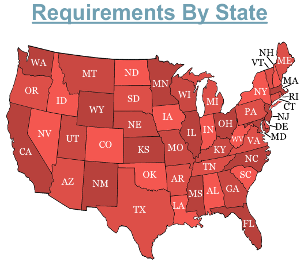

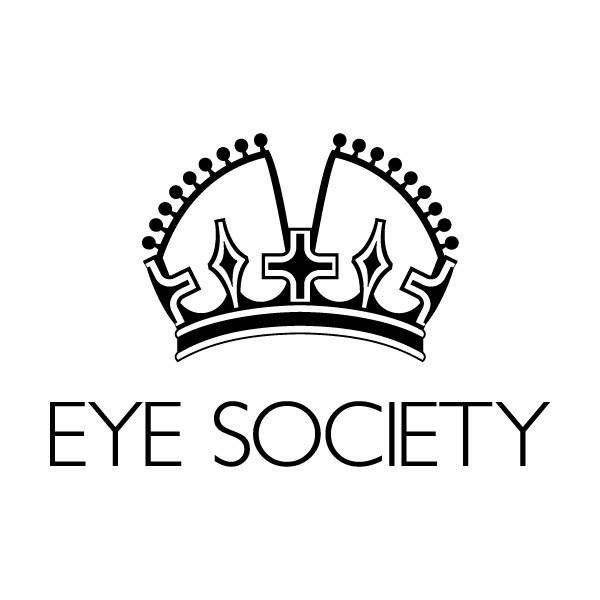

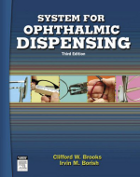
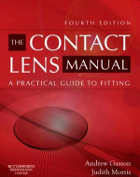
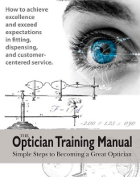

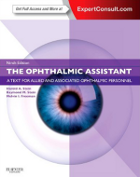
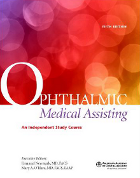
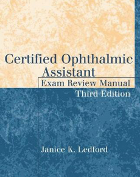
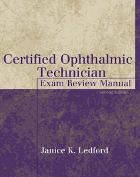
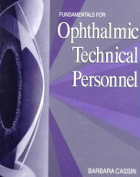
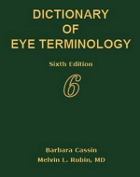
Please Leave Your Comment Below.